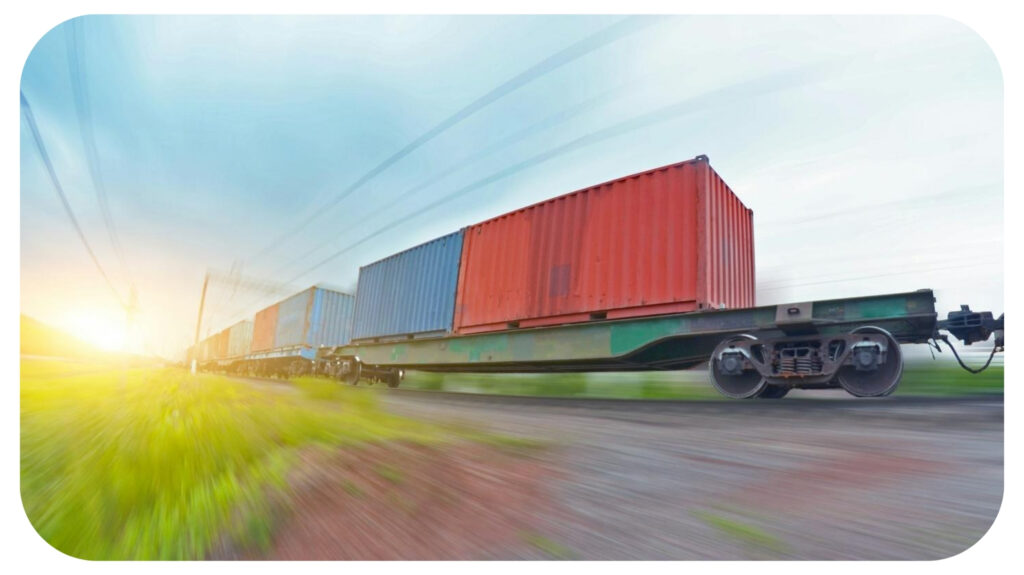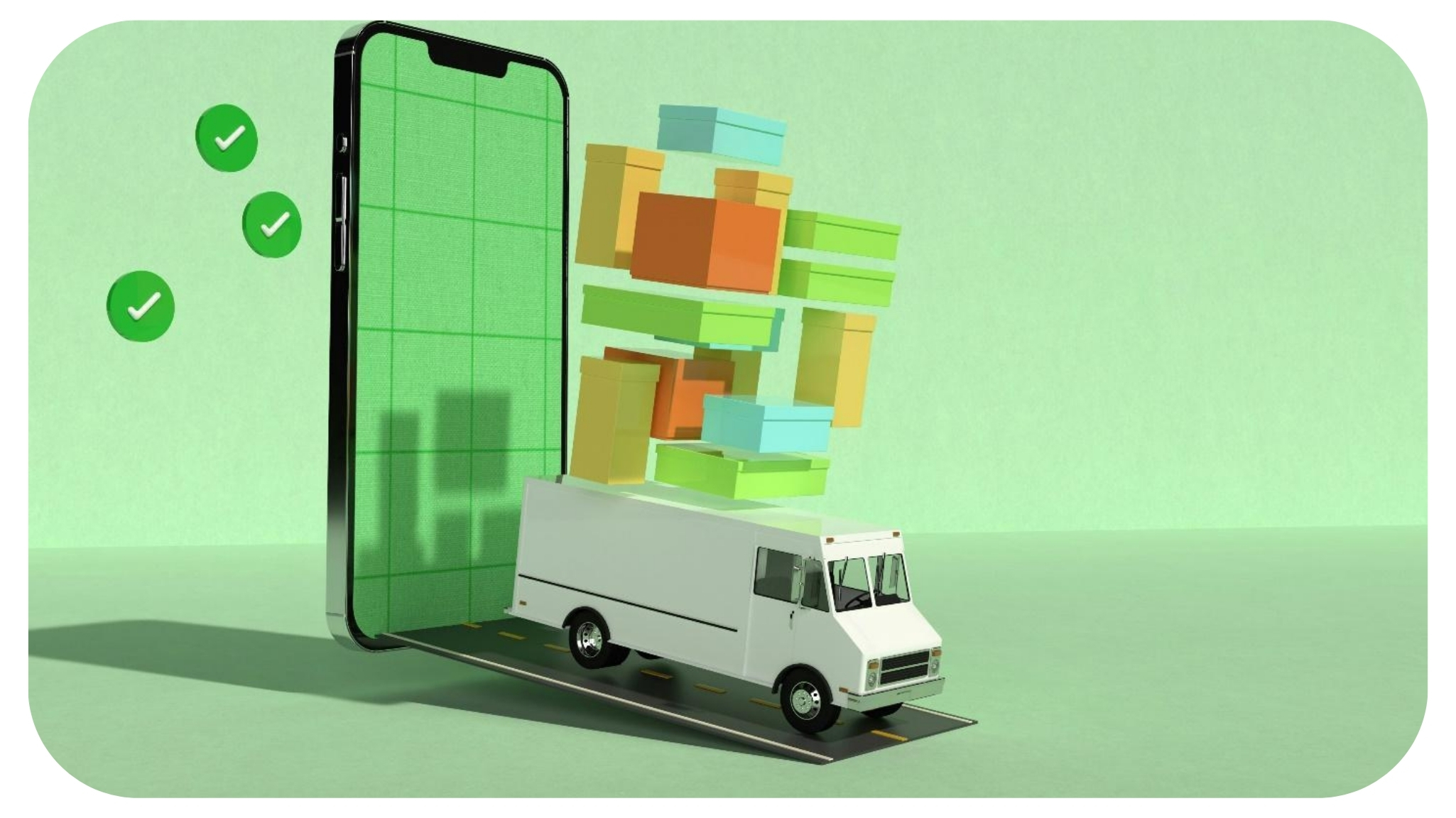Sustainability in Logistics: Paving the Way for a Greener Future

The logistics industry plays a crucial role in goods movement and is a major player in climate change. Sustainability in logistics is a vital step in reducing environmental impact. As businesses and consumers push for greener alternatives, logistics must evolve to meet these demands. By adopting innovative strategies and technologies, the logistics sector can pave the way to a sustainable future, balancing efficiency with eco-conscious practices.
Understanding Sustainability in Logistics
As more businesses and consumers push for greener practices, the logistics industry stands at a crossroads. The challenge is balancing efficiency with responsibility. Sustainable logistics is anchored in several core principles aimed at creating an eco-friendly supply chain. By focusing on these principles, companies can significantly shift their operations toward sustainability, and though it requires commitment, the long-term benefits make it a worthwhile investment.
Businesses often grapple with multiple challenges when implementing sustainable logistics practices. Firstly, cost is a significant barrier. Switching to environmentally friendly technologies and processes often involves hefty initial investments. While these changes can lead to savings down the line, the upfront expenses deter many companies. Another challenge is technology. While technological advancements offer promising solutions, they require careful integration into existing systems. Companies must navigate the complexities of adopting new tech while maintaining service continuity. Regulatory issues also pose challenges. As governments worldwide push for stricter regulations, logistics firms must continuously adapt to meet these standards.
Companies that can successfully navigate these obstacles will not only contribute to environmental preservation but also position themselves as leaders in a rapidly changing industry.
Innovative Strategies for Sustainable Logistics
Sustainability is becoming a crucial business strategy. Companies are discovering that going green doesn’t only benefit the planet but helps improve efficiency and cut costs. By adopting innovative strategies, logistics can transform from a traditional industry into a cornerstone of environmental stewardship.
Transportation is a major component of logistics, often contributing significantly to carbon emissions. Embracing green transportation solutions is vital. Green transportation is a win-win scenario, combining ecological benefits with operational improvements.
Smart technologies are revolutionizing logistics, providing tools to make operations more efficient and sustainable. The integration of IoT, AI, and data analytics play a key role in this transformation.
Internet of Things (IoT) devices can monitor vehicles, track shipments, and manage inventory in real time. This connectivity allows for immediate adjustments, reducing waste and improving productivity. For instance, sensors can alert companies to temperature deviations in refrigerated trucks, preventing spoilage and waste.
Artificial Intelligence (AI can analyze patterns and predict demand, helping to plan inventory and shipping schedules more effectively. This predictive capacity reduces the need for excess inventory, thus lowering storage requirements and associated energy consumption.
Leveraging data allows companies to refine their processes and reduce their environmental impact. By understanding historical data and trends, businesses can streamline operations, leading to minimized waste, optimized fleet performance, and reduced energy usage.
Employing these smart technologies can significantly lower the ecological footprint of logistics operations while enhancing efficiency.
Logistics plays a pivotal role in the circular economy, a system focused on reducing waste through recycling and reusing materials. With a circular economy, logistics companies can significantly lower their environmental impact, driving forward a truly sustainable business model.
Collaborative Efforts and Partnerships
In the logistics sector, the push for sustainability is a collective effort that benefits significantly from collaboration. By joining forces, industries can set new standards and create more efficient systems. Industry alliances play a critical role in driving sustainability in logistics. These groups gather like-minded companies to work toward a common goal.
Organizations like the Sustainable Supply Chain Initiative and the Global Logistics Emissions Council collaborate to create standardized practices and share best methods. By promoting uniform standards, they aim to reduce the carbon footprint across the entire logistics chain. Such collaborations between industry players help pave the way for wide-scale improvements, ensuring no one is left behind in the journey towards sustainability.
While industry groups are essential, they cannot work in isolation. Public-private partnerships are crucial in promoting sustainable logistics, as they combine the strengths of both the public sector’s regulatory power and the private sector’s innovative capabilities.
Governments can drive policies that encourage sustainable practices, while companies can bring groundbreaking ideas to life. These partnerships might develop new infrastructure projects like low-emission transport corridors or implement incentive programs that reward sustainable practices.
“Some cities have partnered with logistics companies to pilot electric delivery vehicle fleets, reducing pollution in urban areas,” says William Maclyn Murphy McRae. “These real-world implementations not only cut emissions but also demonstrate the feasibility of green alternatives to traditional methods.”
Collaborations like these remind us that when diverse groups synchronize their efforts, the impact can be profound. The harmony of government initiatives with the adaptive nature of businesses is essential to create a logistics landscape that respects our planet’s limits. Companies not only become part of a larger movement but also position themselves as leaders in the transition to sustainable practices.

The Future of Sustainable Logistics
With new technologies on the rise and changing regulations taking center stage, the landscape of logistics is poised to transform. The logistics sector is being redefined by a wave of technological advancements, spearheaded by automation and renewable energy. These developments promise not only to cut costs but also to reduce carbon footprints, making logistics more sustainable.
From autonomous trucks to drones, automation can lead to more efficient transport routes and lower emissions. With the advent of the Internet of Things (IoT), smart sensors can optimize inventory management, leading to less waste and faster deliveries.
Renewable energy will also play a pivotal role. Solar panels on warehouses and wind-powered distribution centers could become the new norm, dramatically cutting down the industry’s reliance on fossil fuels. Hydrogen fuel cells and biofuels are other promising avenues, providing more sustainable energy options for heavier vehicles and longer routes.
Regulations are another major force driving sustainability in logistics. As governments become increasingly aware of climate challenges, new regulations are expected to come into play, forcing companies to rethink their operational strategies.
Stricter emission standards, mandates for electric vehicles, and carbon offset programs could soon become the norm. These anticipated changes are opportunities in disguise. Companies that proactively adapt and comply are setting industry standards that others will follow.
To prepare, companies should start by auditing their current operations to identify areas ripe for sustainable improvement. Investing in green technologies and forging alliances with eco-friendly partners can turn regulatory challenges into competitive advantages.
Embracing these changes is a smart business move. Consumers are becoming more conscious of sustainability and are likely to prefer companies that share their values. By being ahead of regulatory changes, logistics companies can appeal to this growing segment of eco-aware customers.
The future of logistics lies in embracing sustainability with innovation at its core. Companies that prioritize eco-friendly strategies today will lead tomorrow’s markets. It’s about more than just reducing carbon footprints; it’s about reimagining the entire supply chain for long-term viability.
Our journey into greener logistics is ongoing. We must continue to adopt new technologies and rethink traditional methods. The road ahead invites collaboration among industry leaders, policymakers, and consumers.
Recommended:
Recommended For You
How To Know If You Are Ready To Start A Business
Most Inside
Most Inside offers high-quality recommendations and valuable updates to enhance all aspects of your life, providing premium guidance and enriching experiences.




